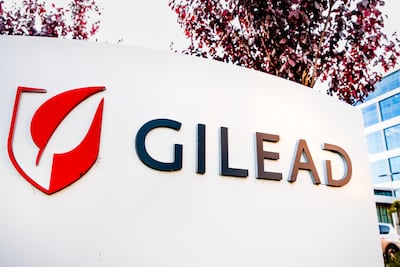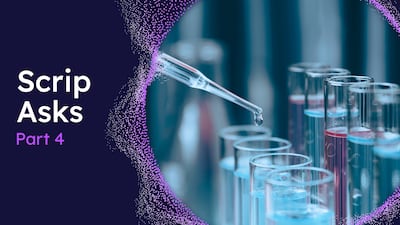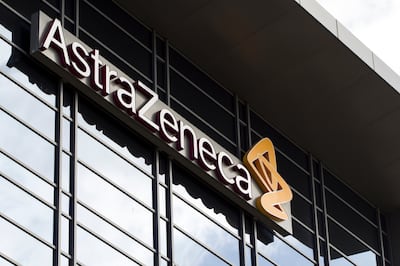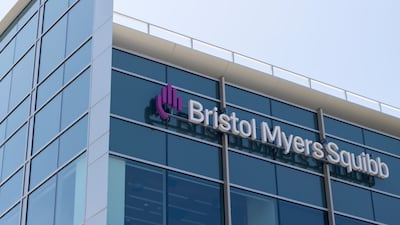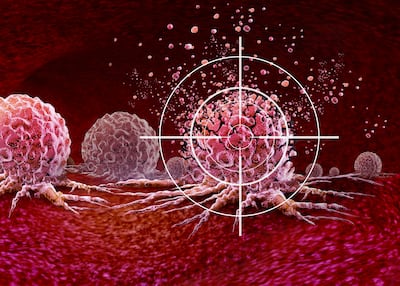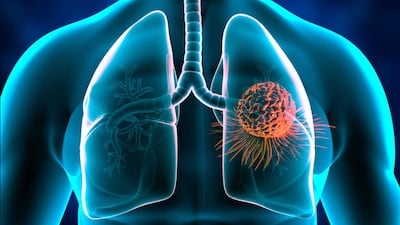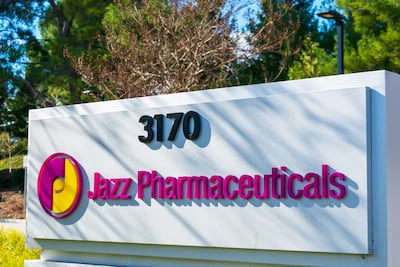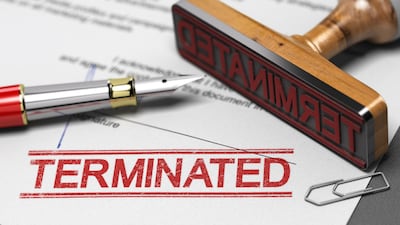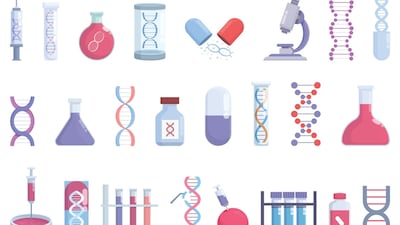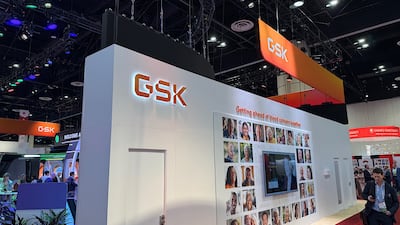Immuno-oncology
Scrip spoke with CMO Dietmar Berger about his views on diversifying Gilead’s virology, oncology and immunology R&D efforts through both in-house research and external innovation.
Enthusiastic predictions from industry leaders for ongoing progress in obesity, oncology, immunology, neuroscience and more were supported by optimism for the potential of AI and other technological advances to enable breakthroughs in processes as well as pipelines.
Given its already large cancer drug pipeline, EVP of oncology R&D Susan Galbraith spoke with Scrip about how AstraZeneca is making precise choices about deals and development programs.
Multiple Chinese biotechs are seeking to raise new funds through IPOs on the Hong Kong and Beijing stock exchanges to support international clinical trials for their first-in-class molecules.
Deal Snapshot: BMS is casting a broad net in oncology as it looks to replace its aging blockbuster Opdivo with a variety of novel cancer therapies.
While a record number of China-originated first-in-class drugs were approved domestically in 2025, only one has so far entered clinical development overseas with its originator as the sole sponsor. But more progress is expected this year.
Two familiar heavyweights of the obesity field return for another match, while four smaller companies are tipped to bring their own blockbusters to market, new data from Evaluate Pharma show.
The Phase II data for intismeran autogene in melanoma were mostly incremental, but the program’s continued success is a cornerstone of Moderna’s breakeven strategy.
Patrick Soon-Shiong said that lymphodepletion may end up being proven unnecessary, especially with some of the newer cell therapy approaches.
The company is setting aside potentially more than $5bn to license RemeGen’s RC148, after similar deals by companies like Merck, Pfizer and Bristol Myers Squibb.
Deal Snapshot: Roche has scooped up a B7H3 ADC from China’s MediLink just a few months after Daiichi Sankyo temporarily halted enrolling patients in a pivotal Phase III trial with its same-class rival, Merck-partnered ifinatamab deruxtecan (I-DXd).
Hengrui’s relafupu-α (SHR-1701), a bifunctional fusion protein against PD-L1 and TGF-βR2, has been approved in China in combination with chemotherapy as a first-line treatment for HER2-negative, PD-L1-positive advanced gastric/gastroesophageal junction adenocarcinoma.
Phase III results show a triple combination including its HER2-directed bispecific antibody improved overall survival compared with trastuzumab, setting Jazz up for a blockbuster leader in a frontline setting.
The Dallas-based biotech’s stock slumped by over 45% after it discontinued clinical development of AXN-2510 and gave the rights back to China’s ImmuneOnco.
Multiple novel combos of PD-(L)1 x VEGF-targeting bispecific antibodies and antibody-drug conjugates progressed through the clinic this year, many of which are from Chinese developers and with some advancing to first-line regimens.
Positive topline data from the EV-304/KEYNOTE-B15 Phase III trial in cisplatin-eligible muscle invasive bladder cancer follows hot on the heels of the combination's stellar results in chemotherapy-ineligible patients.
Oncolys reaches hard-won milestone with an approval filing in Japan for its oncolytic virus therapy telomelysin through the sakigake pathway, with the Japanese venture eyeing its first commercial launch in 2026.
Deal Snapshot: The US giant has entered into an antibody biobucks deal with China's Harbour BioMed that could be worth over $1bn.
With registrational Phase II data in Stiff Person Syndrome, Kyverna intends to file a BLA for mivocabtagene autoleucel in 2026. Longer term, it hopes to get the CAR-T approved for myasthenia gravis.
The drugmaker presented multiple posters of data for the recently reapproved BCMA-targeting antibody-drug conjugate at the just concluded ASH meeting.

